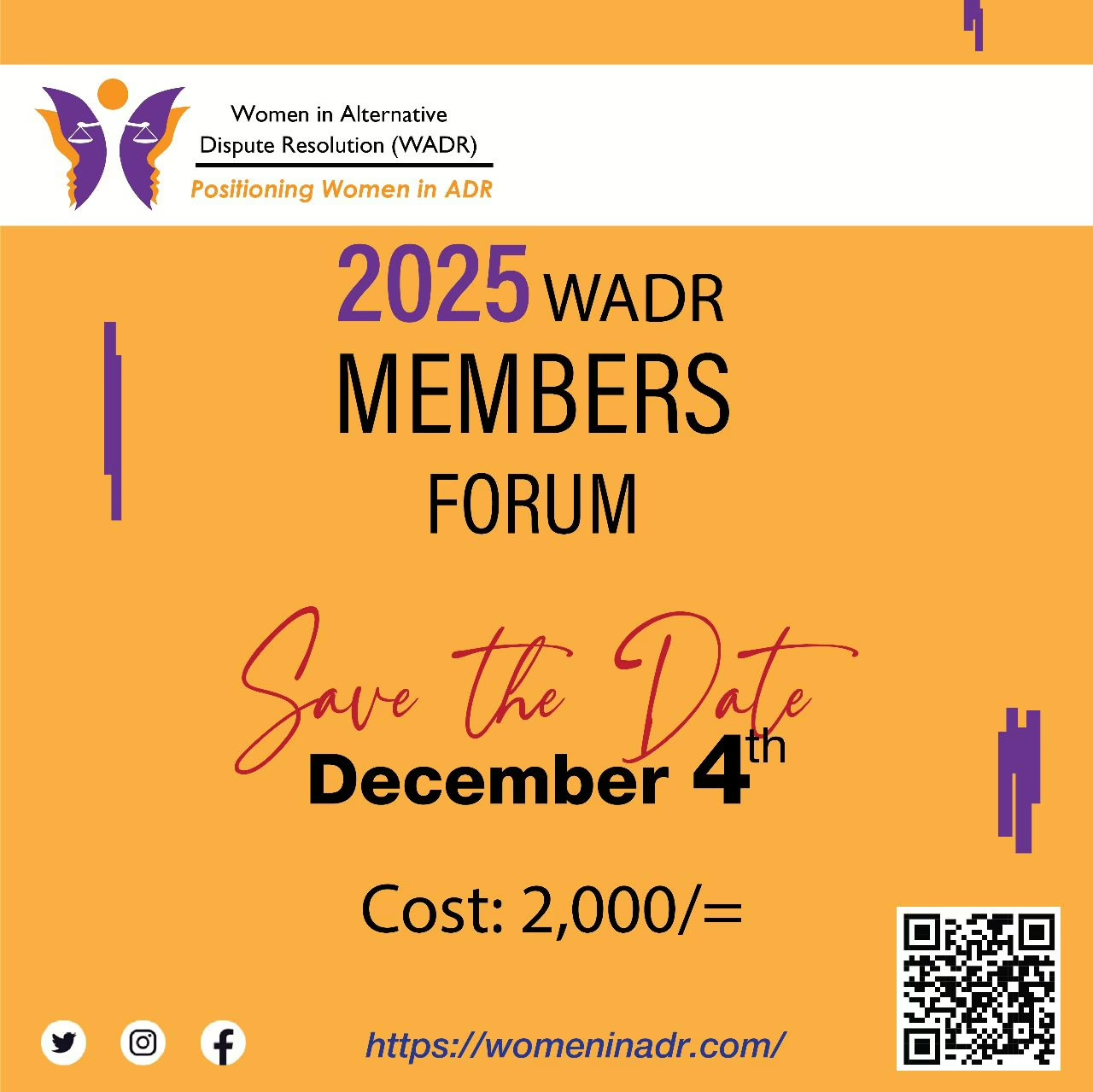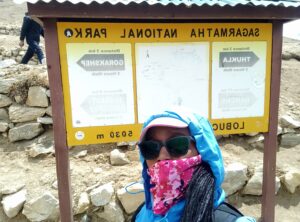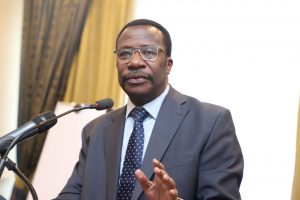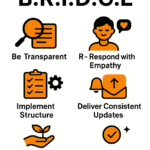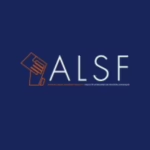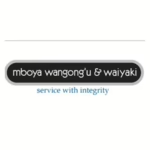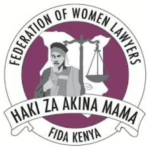The most popular narrative surrounding the USA is that it is the land of opportunities. One survey monitoring Kenya’s migrant flow established that the US hosts the highest number of Kenyan migrants.
However, are there viable opportunities for Kenyan lawyers and advocates seeking to practice law in the US? Does the US recognize Kenyan law schools’ credentials? Lastly, which bottlenecks must you overcome to practice law in the US as a foreigner? If you aspire to pursue a legal career in the US, you’ve come to the right place.
In this feature, we juxtapose practicing the law in the US versus Kenya. We also explore potential opportunities in the US for Kenyans/Africans with an LLB and work experience acquired in their home country. Brenda Kodawa is still our guest in this feature, as we explore her journey crossing over from being a student to practicing law in the US.
If you missed part 1 of this series, let us introduce you to Brenda. Brenda Kodawa is a Kenyan US-based lawyer practicing law as a product lawyer in the US tech industry. Her journey into the legal profession started with a Kenyan LLB, and a Kenya School of Law (KSL) post-graduate diploma.
We covered her journey on studying law with a Kenyan/foreign degree in the US on our inaugural Law Abroad feature . Today, we cover her transition from law school into employment as a practicing lawyer.
Job Prospects in the USA for Kenyan/African Lawyers with a US LLM and a Foreign LLB
How does a US LLM position foreigners with an LLB in the American legal job market? Although US law schools offer LLMs, a Juris Doctor (JD) degree is the required post-graduate qualification for a practicing attorney in the US.
While LLMs primarily offer specialization, the US JD program is more hands-on, providing the foundational skills and knowledge necessary to practice law. The JD is a prerequisite to the bar exam, while an LLM is not. Therefore, most US employers focus more on JDs than LLMs when prospecting and recruiting employees.
“Being an advocate of the high court in Kenya and receiving a JD in the US only looks different because, in Kenya, we go to school for four years after high school. However, by the time you complete KSL and pupillage, you’ll have completed seven years before you can practice.”
“All in all, it’s hard to convince employers, especially “big law” employers, that we’re doing the same thing. So you have to do a lot of advocating for yourself.”
The Job Hunt: Where to Find Post-LLM Roles in the US
According to Brenda, the moment you land in a US law school, they keep telling you your chances of getting employment are low compared to JDs. Therefore, you must constantly advocate for yourself.
“The school I attended frequently hosted career fairs where many law firms would come, mingle with the law students, get their contacts, and that’s how we’d start going to those firms. Although the school’s administration stressed that the career fairs were for the JDs, Brenda and her African coursemates in the LLM class went anyway. “We’d be like, “I’m doing LLM,” and they’ll ask, “What’s that?” Then you start explaining yourself.”
Besides career fares, other viable job hunt avenues for Africans with a US LLM include:
- Law school alumni networks
- Internship programs offered by organizations with affiliations to your law school
- Cold-pitching to build personal networks
While you can apply for jobs traditionally by responding to job ads, Brenda suggests networking proved more effective for her and her African classmates in the LLM class. Additionally, the earlier you start networking, the better. “You’ve got to start early, and with networking, even if it doesn’t pan out in the first or second month, it will work out eventually.”
Brenda got her first job as a law clerk (the only thing you can do before gaining admittance to the bar) through networking. Other vacancies available for LLMs who have not taken the bar exam include legal assistant jobs.
Job Hunt Culture Shocks
While networking is effective, the American way of networking has a learning curve, as Brenda explains below.
We have very different cultures, right? For instance, in Kenya, we don’t just cold-email someone and say, “Hey, you wanna meet me for coffee? I’m simplifying it, but it’s not that simple. But you are told it’s the only thing that will get you a job.” “So you’ve got to keep networking and put yourself in the American shoes and be like them.”
Life as a Lawyer in the US Tech Industry: Are there opportunities for African Lawyers in the US Tech Industry?
Brenda is currently a product lawyer at a tech startup. According to her, many high-level companies have a big department of lawyers with about 300 lawyers divided into specializations.
“You’ll find commercial lawyers who deal with customer-facing contracts. We’ve got channel partner lawyers who deal with strategic alliances and product distribution with these big partners. Then we’ve got employment lawyers, litigation lawyers, privacy lawyers, and then you’ve got me, the product lawyer.”
Essentially, as a product lawyer, she’s like the general counsel for a business unit. “So, if the unit is making a product from scratch, I’ll guide them on how to get approvals from other legal departments. Such include the privacy people, corporate security people, and all those other departments that need to look into this product before they take it to market.”
According to Brenda, as a product lawyer, you’ve got to be very intimate with the product, including the technology behind it. “You’ve got to understand, “what’s being built, how is it working, which third-party vendors are we using and why, what kind of data are we processing, and why?”
Ms.Kodawa took coding and network monitoring classes during her LLM. She even participated in Cyber 9/12, an annual cross-discipline cyber policy and strategy competition where students present policy recommendations for realistic cyber crisis simulations. So, if you want to excel as a lawyer in the US tech arena, be prepared to learn things way out of the confines of the law.
So, are there foreign African lawyers working in cyber security law? Second, are there employment opportunities in the sector for African migrant lawyers looking to move to the States?
According to Brenda, There aren’t many immigrant product lawyers because product law hasn’t existed for a long time, and the same goes for cybersecurity practice. “I don’t remember seeing Kenyans working for tech companies and serving the law sphere. And I don’t expect to see them until it’s marketed to more people; my LLM class specializing in cybersecurity law had three students, and we were the first cohort.” Besides product law, she identifies AI integration, state-based privacy laws, and cybersecurity among the upcoming areas to potentially create opportunities for lawyers.
Advantages and Challenges of Practicing Law in the US as an African Foreigner
Ms. Kodawa says there are opportunities in “big law” for those who wish to work in law firms. She even gives an average pay range, stating that “big law” firms in the US pay first-year associates approximately $215,000 annually; some can even go higher.
“However, the workload is often heavier in such firms, meaning associates work more hours. But then again, it’s a willing buyer, a willing seller- If you want to try and get that, then good for you. Again, law firms are great, and they really teach you and pay you.”
The second advantage primarily applies to the US tech industry, where Brenda works. “There is no “golden handcuff,” you can switch from big tech to a mid-size company or startup without compromising your lifestyle because you get paid the same amount. Therefore, you’ll find many opportunities and not feel stuck anywhere.”
However, on the flip side, the system’s preference for JDs over LLMs makes competing with JDs for entry-level jobs challenging. Also, you may experience microaggressions based on your race, and this is common even outside work.
Third, the applications of the law may also vary. “There are things that I had to learn from scratch. For example, land law, which they call property law, differs greatly from what we did back home. Family law is also different because it’s highly localized to the state; evidence is also quite different, and so is their constitutional law.
Also, civil procedures are different because they’ve got the state and the federal court, and there are numerous factors that dictate whether we take an issue to federal court instead of state court. There are so many things they look at that guide the threshold of how much is at stake and make you decide that “Hey, this is not a local issue; it has to go to the federal court. And, if it’s a state issue, where are you taking it?”
Is Pursuing an LLM and Practicing Law Worth It for Kenyan Lawyers and Advocates?
Establishing a legal career in the US as a practicing attorney after completing an LLM is challenging, given that the system favors JDs. However, Brenda’s journey proves that Kenyan lawyers with US LLMs can find good, interesting jobs in the US.
“Kenyans’ work ethic is known everywhere.” A 2018 survey ranked Kenyans as the third most industrious immigrants in the US. “I mean, 84-4 is not the easiest system, neither are our lives the easiest, so we can do it. It’s possible.”
That’s the way about the USA. It has a lot of problems, but not the same as Kenyans will have when it comes to money. It is where people come when they want to have money. If you want to work and have a great work ethic, this is where you should be if you are okay with other challenges.




